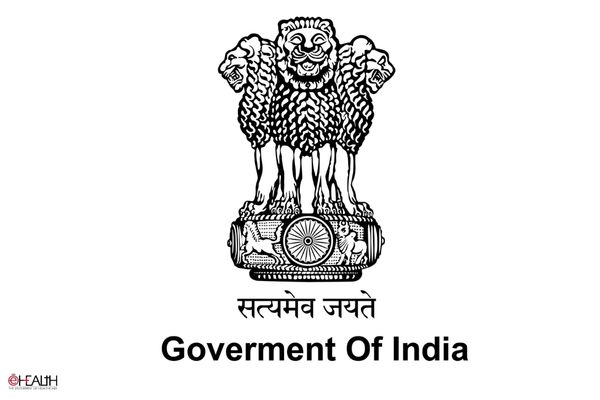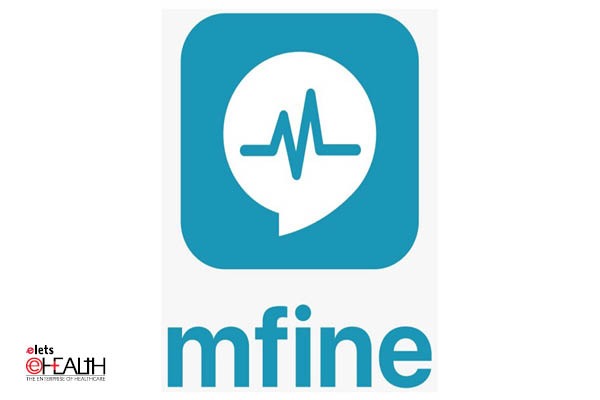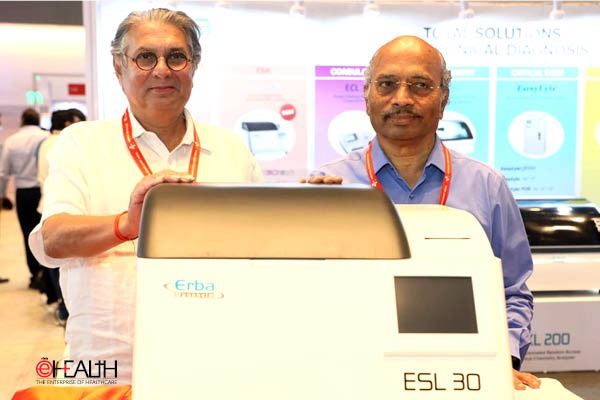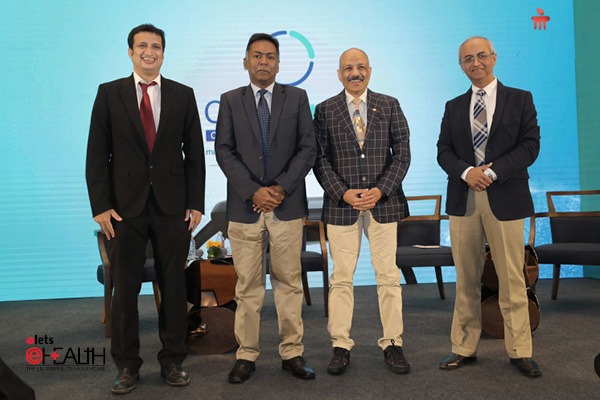Owing to the marked changes over the past few years in the healthcare sector, there is a growing demand for quality healthcare services, which calls for a closer look at the healthcare delivery systems and the necessity to introduce quality assurance mechanisms. Along with the evolution of hospital accreditation in India, there has emerged a corresponding necessity for grading of hospitals. While accreditation will ensure a seal of quality for hospitals, grading will enable a distinction to be made among accredited hospitals, and can offer value versus price analysis. There seems to be a general consensus on the necessity of grading of hospitals, the question is necessarily – who should grade Indian hospitals – the established rating agencies or autonomous bodies. The CII study on Accreditation of Hospitals in India, done under the aegis of the CII Healthcare Sub Committee on Standardization and Quality, aims to assess the current status of hospital accreditation in India, deliberate on the benefits of accreditation, look into the key drivers which can propel accreditation to ensure its wider reach and coverage, get a system of grading of hospitals and highlight recommendations which would expedite the process of accreditation in the country. Based on the study of the sector, a set of recommendations have been highlighted which will serve to expedite the accreditation process. While applying for accreditation is entirely voluntary on the part of the hospital management, eventually as accreditation attains wider reach and coverage, hospitals without an accredited status may find themselves without business. -Raising awareness: An essential prerequisite to popularizing accreditation is raising awareness of the concept among stakeholders to sensitize them of the potential benefits so that they can be induced to embrace the process. -Role of the Government: The Ministry of Health and Family Welfare can act as a key enabler in popularizing the concept of accreditation. CGHS (Central Government Health Scheme) empanelment could serve as a main driver propelling accreditation of hospitals. An incentive to public hospitals may be considered in the form of the hospitals being allowed to levy user charges and thereafter utilizing the proceeds to better hospital services. -Role of Industry: Industry bodies could also play a key role in spreading awareness and sensitizing stakeholders. Corporates could take a lead role in ensuring that their medical care tie ups are with accredited hospitals. Once there are a sizeable number of accredited hospitals, a directive mandating medical reimbursement to be allowed only from accredited hospitals will be also be a welcome move. -Packaged programmes for accreditation: It would also be extremely useful to small healthcare providers if packaged programmes for accreditation could be offered to them in terms of the budget to be allotted for the purpose, and the provision of advisory/technical services through a panel of consultants. -Grading: The necessity of grading of hospitals cannot be underscored. With the spread of accreditation, grading will become a necessity. It will eventually determine hospital tariffs. However, grading will need to be backed by strong regulatory support in order to gain due acceptability. There has been a need for accreditation of hospitals in India to a large extent due to the inflow of medical tourists to India along with the rising living standards of the population. In addition, rising consumer awareness, entry of big corporate players and overseas healthcare providers to India and the development of the health insurance market have been the forces propelling accreditation in the country. In the absence of equivalent Indian standards, hospitals opted for international accreditation by the Joint Commission International (JCI). JCI accreditation being extremely expensive called for a need of national level accreditation. This need was fulfilled with the establishment of QCI (Quality Council of India) and NABH (National Accreditation Board for Hospitals). These two bodies came at a time when the health sector was growing rapidly. At present there are 19 Indian hospitals which are NABH accredited.

Be a part of Elets Collaborative Initiatives. Join Us for Upcoming Events and explore business opportunities. Like us on Facebook , connect with us on LinkedIn and follow us on Twitter , Instagram.












